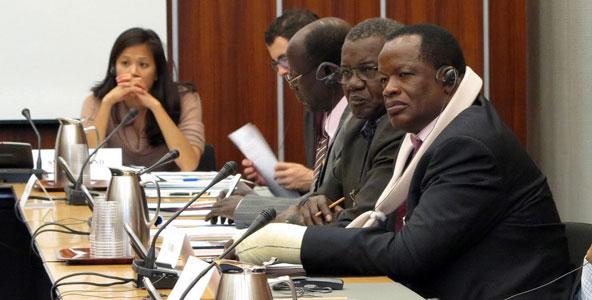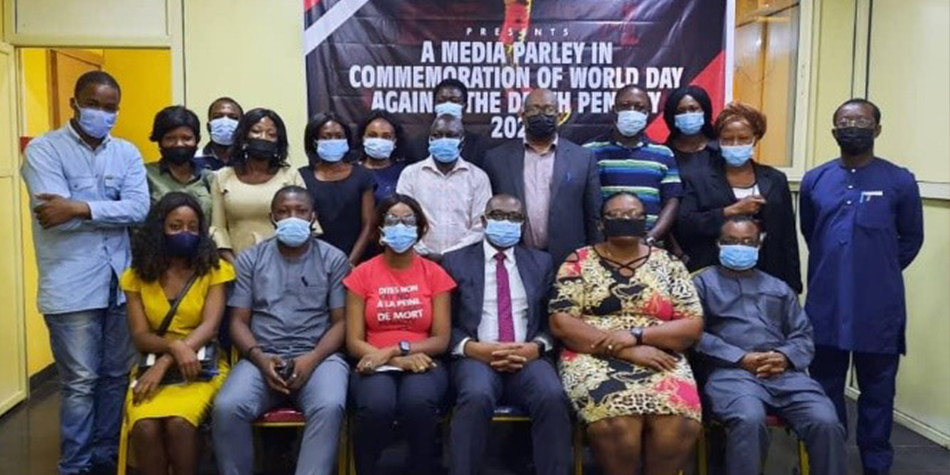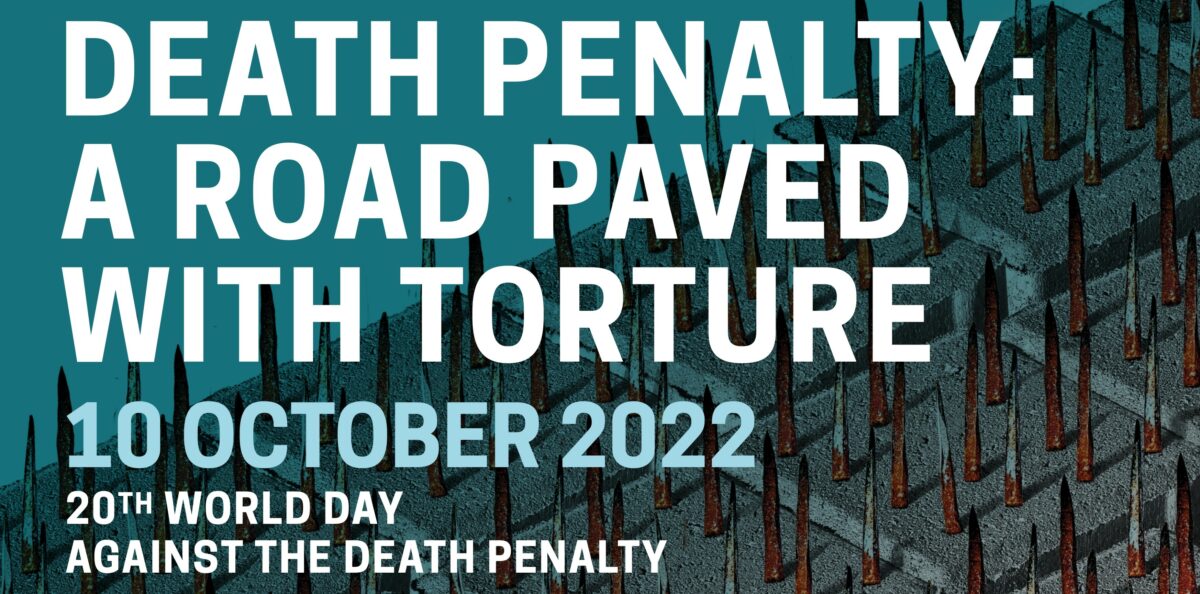Arab abolitionists organise to act together
World Day
Abolitionists in the Arab World have been generating increased mobilisation and improved co-ordination, with the assistance of Penal Reform International, a member of the World Coalition.
Delegates from eight Arab countries met in Amman, Jordan in July to form a regional coalition and develop a common strategy to advance the abolition of the death penalty.
The conference, organised by Penal Reform International (PRI) and the Amman Centre for Human Rights Studies (ACHRS), gathered judges, journalists, NGOs as well as Muslim and Christian clerics from Algeria, Egypt, Jordan, the Lebanon, Morocco, Palestine, Tunisia and Yemen.
They shared information about the death penalty situation in their respective countries and pooled suggestions for action.
The conference’s final declaration marked the foundation of a regional coalition against the death penalty composed of Algeria, Egypt, Jordan, Lebanon, Morocco, Palestine and Yemen.
Its objectives include:
• to work towards enlarging the membership of the regional coalition by inviting other Arab countries to join and challenge the use of the death penalty in the region;
• to establish an Arab observatory for the death penalty under the supervision of PRI (Amman Office) and ACHRS;
• to facilitate an exchange of expertise and good practices among national coalitions;
• to promote research and studies on alternatives to the death penalty.
Mona Chamass, who is currently conducting research on Arab abolitionists for the World Coalition, attended the conference. “Debates were wide open, everyone was free to express their ideas and the cultural differences between countries were taken into account”, she said.
Two strategies for two types of situation
The regional coalition’s first task is to strengthen the national coalitions. They can put pressure on national governments to review their legislation in two directions: abolishing the death penalty as soon as possible, and reducing its use to the minimum when conditions for abolition are not yet met.
A number of papers presented at the regional and national conferences will be edited and published by PRI in the autumn.
During the conference, national coalitions adopted a multi-dimensional strategy. Their campaign will target countries that have observed a moratorium for a number of years and have shown some political willingness to move towards abolition.
In countries less ready for abolition, abolitionists will lobby for reforms that minimise death penalty use. Sharia’a law has been invoked as an efficient tool for reducing cases of punishment by death penalty to four cases.
The conference revealed that the abolitionist movement, often seen as embryonic in the Middle East and North Africa, is in fact growing rapidly. While some countries, like Morocco, have a pre-existing network of abolitionist organisations, others were only recently created as part of PRI’s EU-funded death penalty project in the region.
In Egypt and Yemen, national conferences against the death penalty took place last June.
In Tunisia, too, abolitionists founded a national coalition under the auspices of the national branch of Amnesty International recently.
Events planned by both the World Coalition and the new Arab coalition for World Day against the Death Penalty on October 10 will provide an opportunity for the region’s vibrant abolitionist community to work together and strengthen emerging connections.







